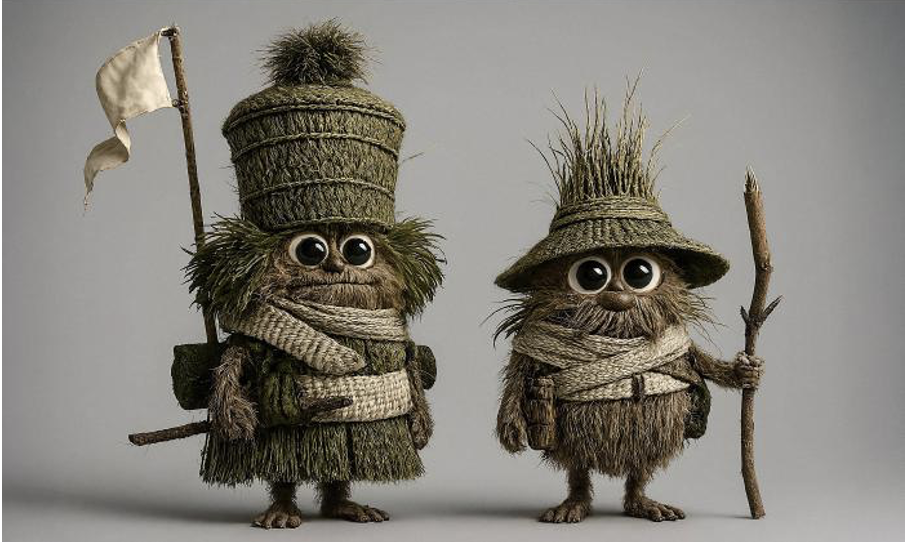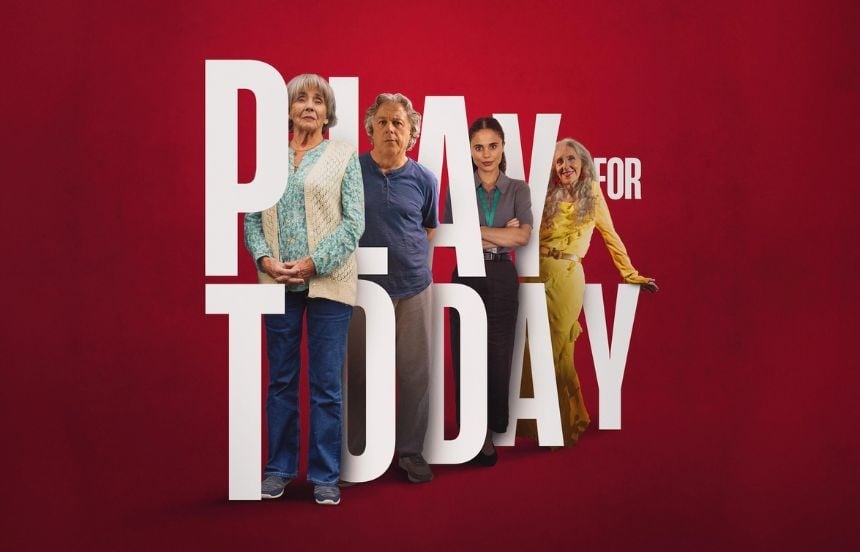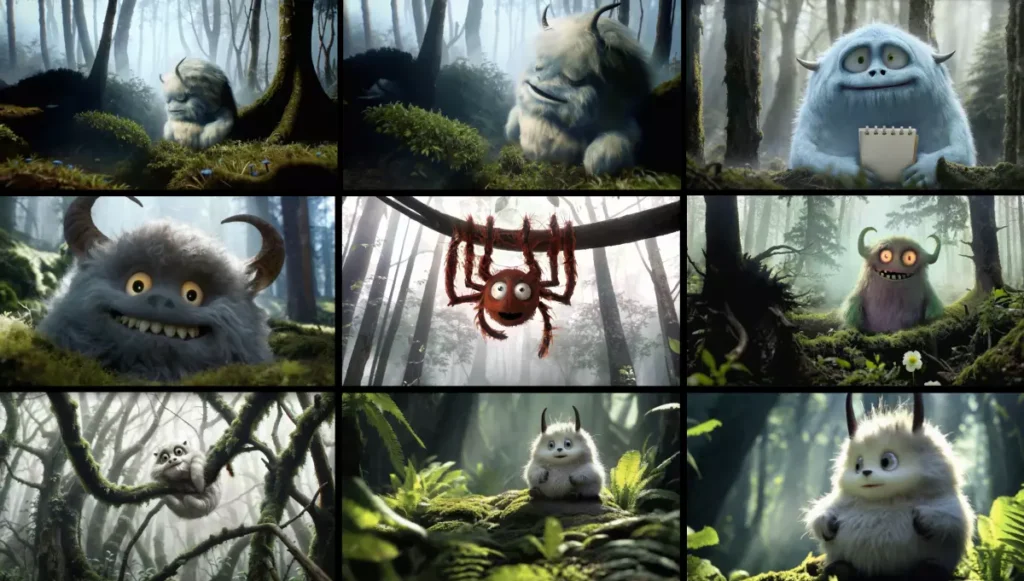The creator of the animated feature ‘Critterz’ has teamed up with production companies in London and Los Angeles. Photo: Critterz Film Ltd.
OpenAI wants to prove that generative artificial intelligence can make movies faster and cheaper than Hollywood does today.
The startup is lending its tools and computing resources to the creation of a feature-length animated movie made largely with AI that is expected to be released in theaters globally next year.
“Critterz,” about forest creatures who go on an adventure after their village is disrupted by a stranger, is the brainchild of Chad Nelson, a creative specialist at OpenAI. Nelson started sketching out the characters three years ago while trying to make a short film with what was then OpenAI’s new DALL-E image-generation tool.
Now, he has teamed up with production companies in London and Los Angeles, aiming to debut a feature-length version of the film at the Cannes Film Festival in May.
The team is attempting to make the movie in about nine months instead of the three years it would typically take, said James Richardson, co-founder of London-based Vertigo Films. Vertigo is producing the film along with Native Foreign, a studio that specializes in using AI along with traditional video-production tools.
The production team plans to hire artists to draw sketches that are fed into OpenAI’s tools. Photo: Critterz Film Ltd.
“Critterz” has a budget of less than $30 million, far less than what animated films typically cost. The production team plans to cast human actors for character voices and hire artists to draw sketches that are fed into OpenAI’s tools, including GPT-5 and image-generating models.
“OpenAI can say what its tools do all day long, but it’s much more impactful if someone does it,” Nelson said. “That’s a much better case study than me building a demo.”
Entertainment companies including Disney and Netflix are experimenting with AI tools for a variety of production, user experience and marketing work. But many have been wary of a wholesale embrace in part because they fear upsetting actors and writers, whose guilds have fought for protections against tools they say could cost their members work.
Entertainment companies have also sought to protect their copyrighted characters and works. In June, Disney and Comcast’s Universal sued AI provider Midjourney for allegedly making copies of their copyrighted properties. Midjourney has disputed those claims in court filings. Warner Bros. Discovery last week filed a similar lawsuit against Midjourney.
The script for “Critterz” was written by some members of the team that wrote “Paddington in Peru.” Production has begun and casting decisions for the voices of the characters will be made in the next few weeks.
It is funded by Vertigo’s Paris-based parent company, Federation Studios. The studios involved are developing a compensation model to allow the roughly 30 people working on “Critterz” to share in any profits, Nelson said.
OpenAI is betting that if “Critterz” is successful, it will show that AI can deliver content strong enough for the big screen and accelerate Hollywood’s adoption of the technology, Nelson said. OpenAI’s tools also lower the cost of entry, allowing more people to make creative content, he said.
An OpenAI spokesman said the film “reflects the kind of creativity and exploration we love to encourage.”
Production for ‘Critterz’ has begun and casting decisions for the voices of the characters will be made in the next few weeks. Photo: Critterz Film Ltd.
Still, a box office release of an original animated film is a risky bet, and it is unclear whether audiences already reluctant to go to the multiplex will pay to see it. The companies haven’t yet sought a distribution partner.
While AI-generated work can’t be copyrighted, the film’s use of humans to voice the characters and create the art that will be fed into AI tools will likely make it eligible for copyright protection, said Nik Kleverov, co-founder of Native Foreign.
Nelson and Kleverov initially created “Critterz” as a short-form film that made its debut in 2023 with funding from the AI company, The Wall Street Journal first reported. OpenAI later hired Nelson to be a liaison with creators and artists on how to use its tools.
It is unclear whether OpenAI will help with the film’s marketing. Richardson said it was too early to talk about the marketing plans.
“I have never been in this position in my life where we are starting a movie and I have no idea what’s about to happen,’ Richardson recalled telling OpenAI executives. “It’s a very ambitious massive experiment.”



